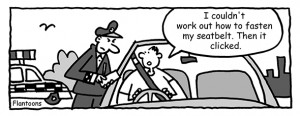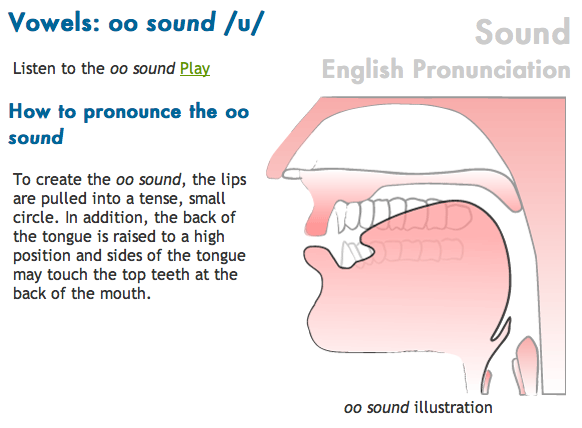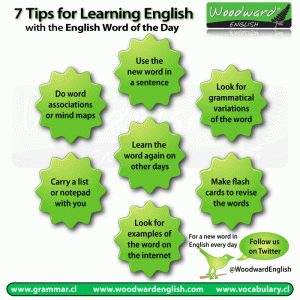The 3 best ways to learn new vocabulary
Flashcards
Flashcards can be very effective as long as you are aware of their limitations and don’t overdo it so that it becomes a chore. Of course they work best with pairs of words that have a close correspondence between languages, typically basic nouns. Single word flashcards will get you quickly up and running with some basic vocabulary, although in the longer term you will want to use whole sentences so that you understand how the words are used in context. Of course as you read, and listen, eventually you will just naturally absorb words after you have encountered them enough times. This is probably the best way, but is a bit more of a long term method. Also over time you learn to recognise parts of words with common meanings and patterns that make it easier to remember.
Notebook
1- Get a notebook and draw columns in it.
2- Write new words in the first column so every row starts with a new word.
3- Title the remaining columns as “day 1, day 2, day 3, week 1, week 2, month 1” etc, that indicates when you saw the word last time, for example “day 3” on 15/04/14, “week 1” will be on 22/04/14.
4- On the next page, write the meaning of each word.
5- In front of every word there will be 6 blank rows, if you remember the meaning of that word, fill in the blank with a ‘+’ sign, if not fill in the blank with a ‘-‘ sign.
6- You can refer to the next page if you don’t remember a word’s meaning and see its meaning again
7- You can also use a part of notebook for the grammar.
If you can remember the meaning of the word in “month 1” then you have memorised the word forever!
Post-it Notes
Use a wall to cover with word stickers! You may want to buy stickers of different colours (one colour for one part of speech, for example, of even one colour for one word, if you need to memorise the forms of one word, or phrases). You can then also play with it, creating sentences! You may even put stickers on objects, such as pieces of furniture to memorise the words for them. Although remember that in the long run you need to memorise not words but phrases, to find out how words ‘behave’ in different contexts. It’s particularly true for English because of the quirkiness of spelling verses pronunciation.




